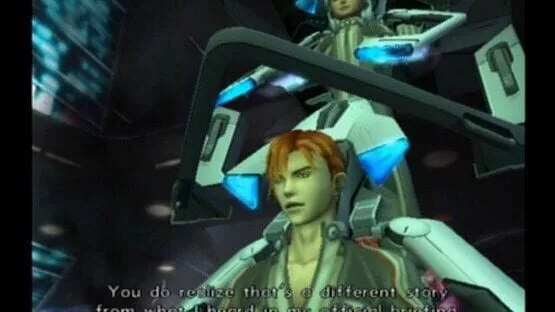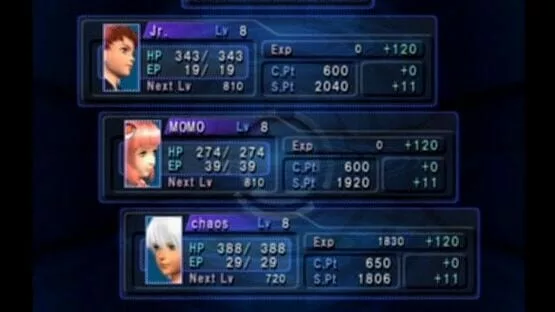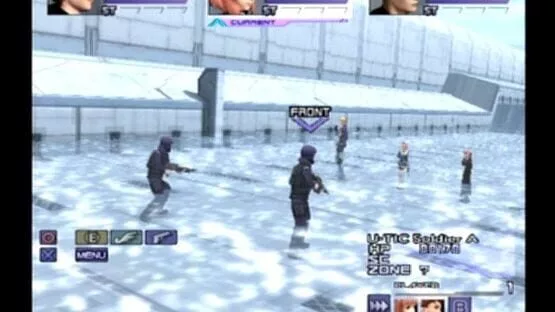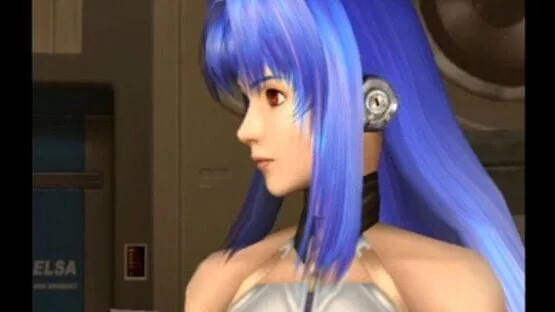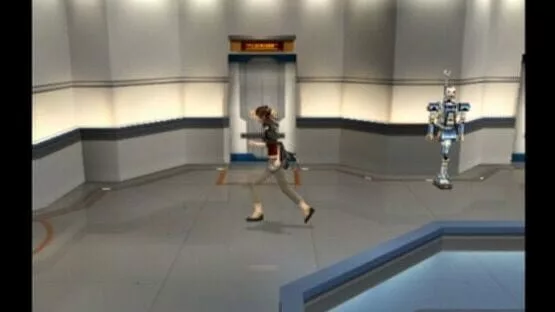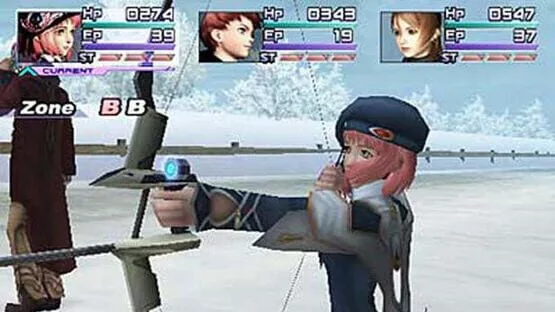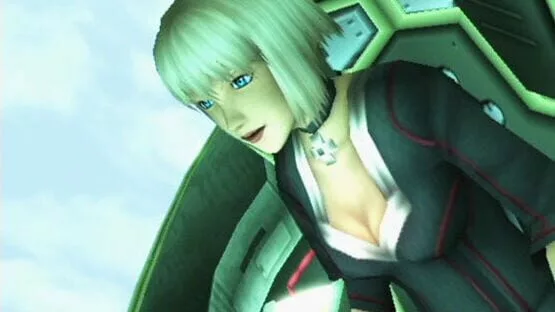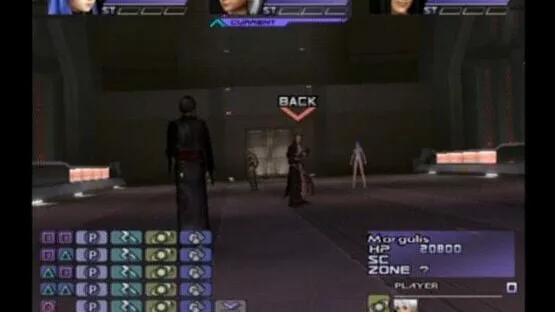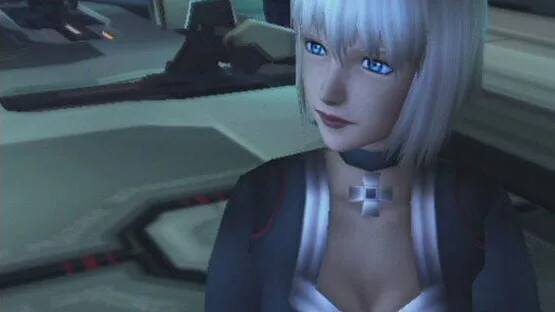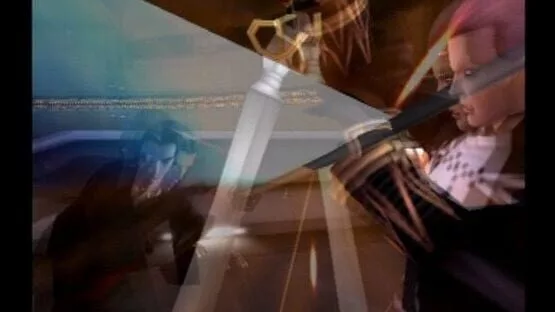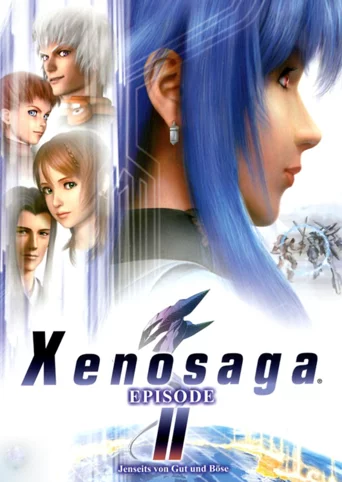
Xenosaga Episode II: Jenseits von Gut und Böse (2004)
Genres:Role-playing (RPG)
Themes:Fantasy, Science fiction
Game modes:Single player
Story:Xenosaga Episode II: Jenseits von Gut und Böse is a direct sequel to the first episode of the science-fiction RPG Xenosaga series.
Vote to bring this game to GOG and help preserve it.3 639
I know that this game comes in for some flak, but I loved this game as well (and it actually had my favorite combat in the series, though I understand why some didn't enjoy it). The title sequence (before you click in) of what you later find out is an ES getting assembled to Yuki Kajiura's "In the beginning" track captivated me, and the opening FMV is still one of the best opening sequences of any game I've ever seen.
The Xenosaga series had a profound impact on me, shaping my perspective on storytelling in video games and deepening my appreciation for complex narratives. From the moment I picked up Xenosaga Episode I: Der Wille zur Macht, I was captivated by its ambitious plot, blending science fiction, philosophy, and existential questions into a compelling story. The game's exploration of themes like identity, the nature of humanity, and the search for purpose resonated deeply with me, offering a narrative that was both thought-provoking and emotionally engaging.
What truly set Xenosaga apart was its ability to intertwine its philosophical underpinnings with a character-driven journey. The growth of characters like Shion Uzuki and KOS-MOS, as they faced inner turmoil, self-discovery, and the broader struggles against an enigmatic fate, made me reflect on my own life and the choices I make. Their emotional arcs, tied to the grandiose events of the series, made me understand the importance of personal growth, sacrifice, and the search for meaning, even in the face of overwhelming odds.
The Xenosaga series also introduced me to an innovative battle system, mixing turn-based combat with strategic depth. The series' thoughtful mechanics encouraged me to think critically and plan ahead, not just in combat but in life, as I learned the value of careful preparation and the need to adapt in difficult situations.
Beyond gameplay and story, Xenosaga introduced me to the concept of interconnectedness in both narrative and life. The series taught me how everything, from the smallest moments to the largest events, has a ripple effect. It left me with a lasting sense of reflection on the mysteries of existence and how we all play a part in the unfolding story of life.
In short, Xenosaga didn’t just entertain me—it helped shape my understanding of the world, making me more introspective, thoughtful, and open to complex ideas.

Harvest Moon 64Retire to the country for a new challenge in Harvest Moon 64. Hard work is rewarded as you struggle to bring prosperity back to a neglected farm. Work the land, pick up odd-jobs, and get to know the neighbors. Harvest Moon 64 has all the charm of the original Super Nintendo classic, plus many new surprises.
* Tons of new seasonal vegetables and fruits.
* Raise cows, chickens, and sheep.
* New items and gifts. Including tools that increase in power as you master them.
* One of town's five eligible women may prove to be the love of your life.
* Celebrate seasonal festivals with the nearby townsfolk.
* Enjoy local horse and dog racing.Sandbox
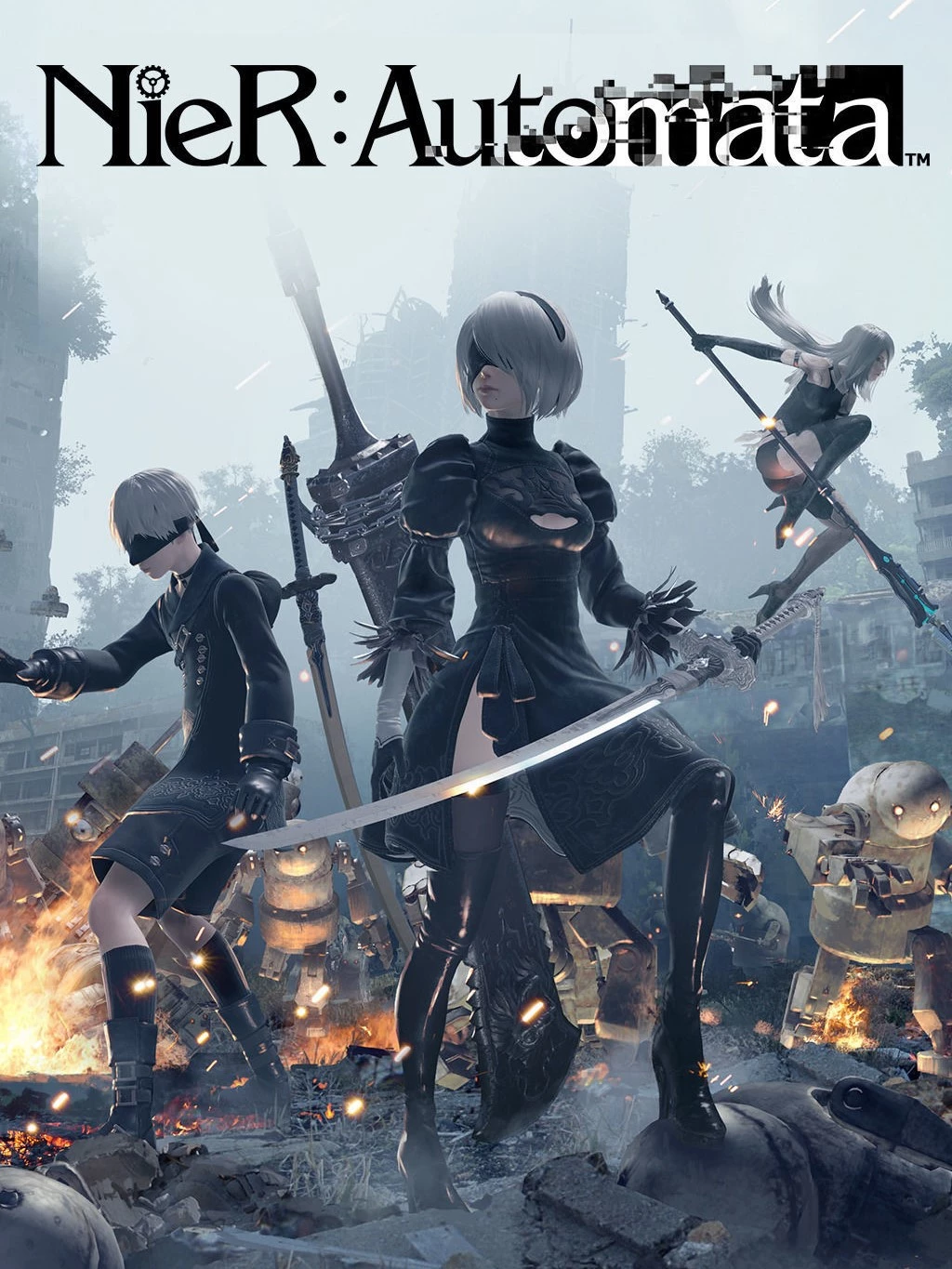
NieR: AutomataNieR: Automata is an upcoming action role-playing game developed by PlatinumGames and published by Square Enix for the PlayStation 4.
The game is set in the same universe as NieR, a spin-off of the Drakengard series, and takes place several thousand years after the events of that game. Humanity has fled to the moon to escape an invading machine army from another world. Combat androids called YoRHa remain on the planet to fight in a proxy war against the invaders.Trending Open world Action Fantasy Science fiction Drama

DeltaruneDive into the parallel story of UNDERTALE, DELTARUNE...! Meet endearing cast of new and familiar characters in a tale that steps closer to its end, chapter by chapter. Fight (or spare) your way through, dodging bullets in nonviolent action-packed RPG battles as you explore a mysterious world and listen to funky, funky music.Trending Action Comedy Mystery Drama

AtomfallA nuclear disaster has left an area of Britain in tatters. Atomfall, a new survival-action game, will see you explore, scavenge, craft, barter and fight your way through beautifully recreated scenery in search of answers.Open world Action Survival
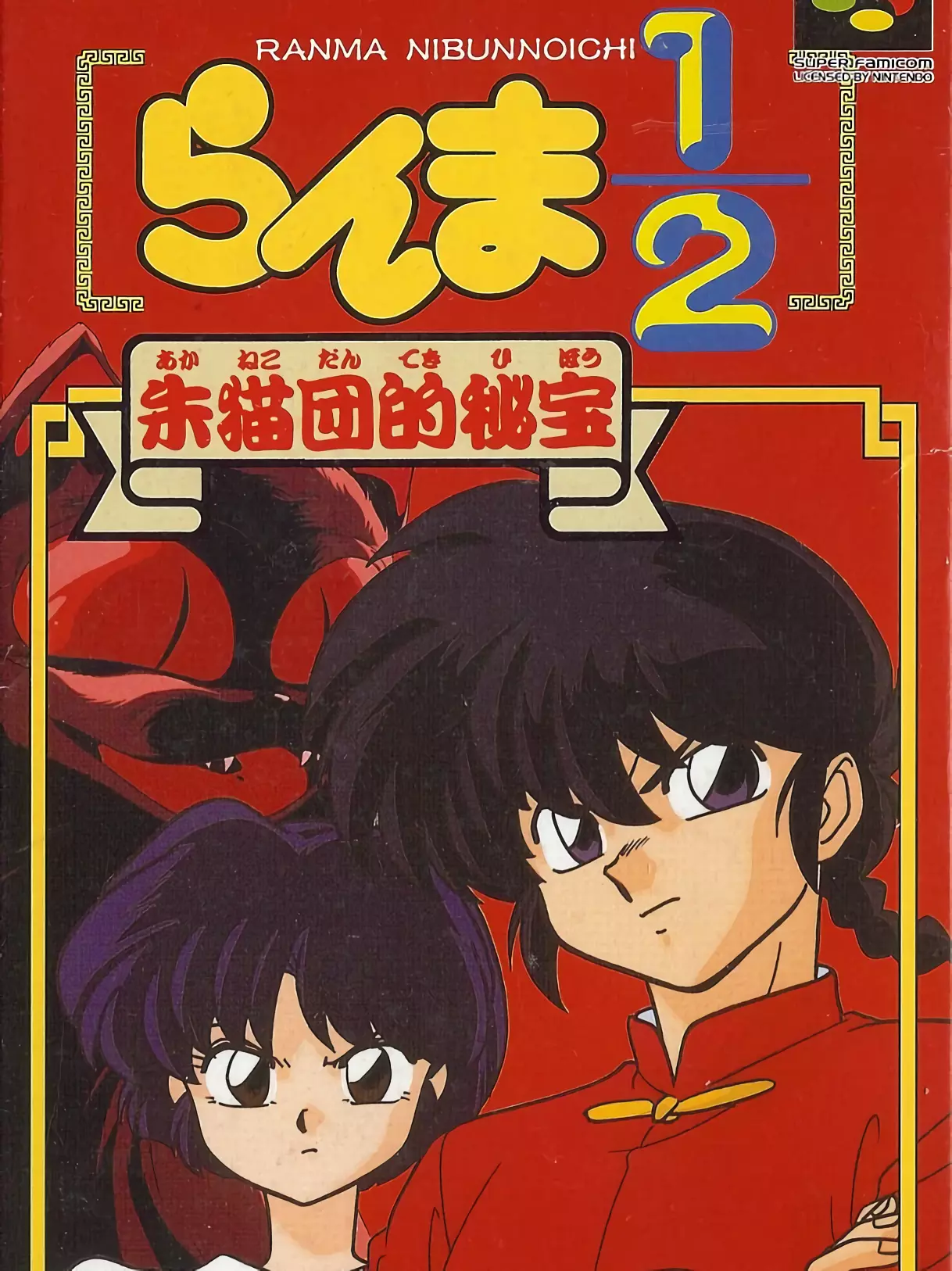
Ranma ½: Aka Neko-dan Teki HihouWhile coming home late one night, the Jusenkyo Guide accidentally wanders into the Gods and Demons Graveyard, and proceeds to knock over the tomb of the dreaded Nekomaou, the Ghost Cat King. The evil spirit, returned from the grave, gathers to him the titular Red Cat Gang and sets out to gather three treasures, the Peach Gem, Sakura Sword and Forest Mirror, in order to recreate the magical Star Crystal and attain his wish of world domination. Ranma Saotome and several of his friends set out to stop this evil from occurring.Comedy
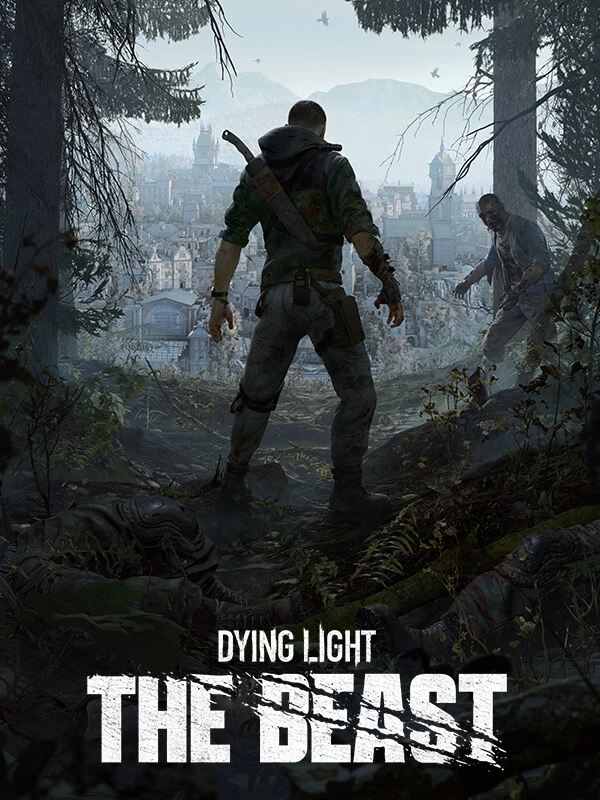
Dying Light: The BeastDying Light: The Beast is a thrilling standalone zombie adventure set in a tightly-crafted rural region. Play as Kyle Crane, a legendary hero who breaks free after years of brutal experiments. Now, he must realize there’s more at stake than just revenge.Action Horror Survival
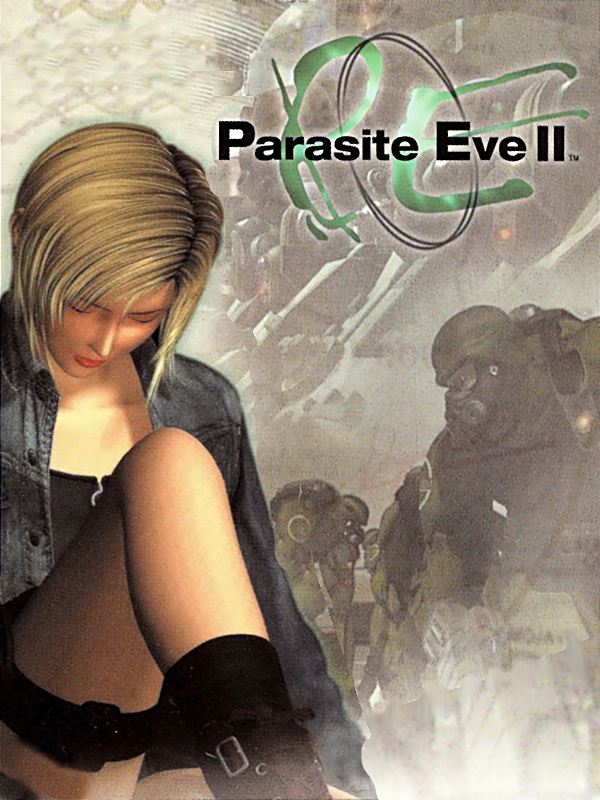
Parasite Eve IIParasite Eve II is an action role-playing survival horror video game released exclusively for the PlayStation. The game was developed by Square and published in Japan in 1999 and in both North America and, unlike the previous game, in PAL regions in 2000. It is the sequel to Parasite Eve and the second game in the series of the same name.
Parasite Eve II is set several years after the events in the original game. The protagonist from the first game, Aya Brea, also features in this game as the playable character. She becomes involved with another outbreak of Mitochondrial creatures. Gameplay diverges from the previous game: battles take place in real time and the area of action is less restrictive. The approach is more typical of traditional survival horror games, although some role-playing elements are retained.Trending Action Horror Science fiction Survival
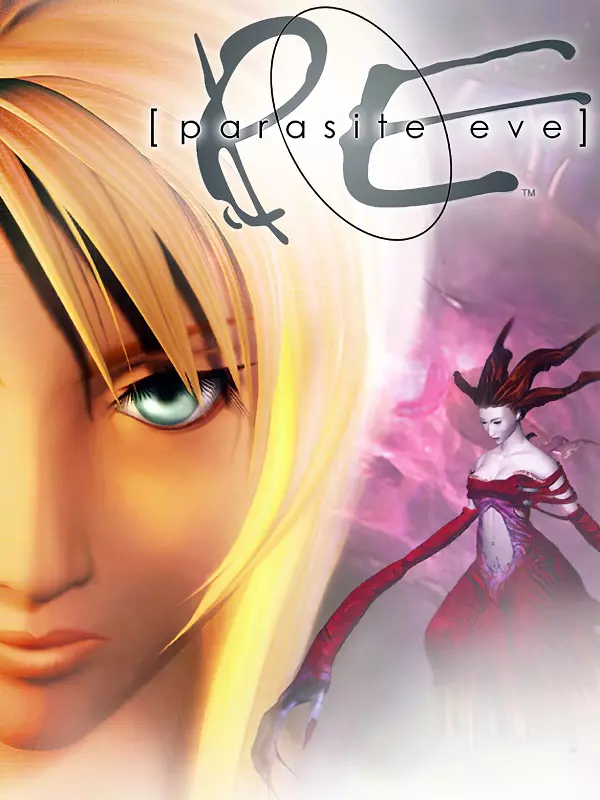
Parasite EveParasite Eve is a survival horror role-playing video game developed and published by SquareSoft (now Square Enix) for the Sony PlayStation console. The game follows the story of Aya Brea, a rookie NYPD officer who becomes embroiled in a series of bizarre and deadly events related to a genetic mutation known as mitochondria. The game combines elements of horror, science fiction, and RPG gameplay, featuring real-time battles, exploration, puzzle-solving, and character development. The game's plot is inspired by the novel of the same name by Hideaki Sena, and its gameplay mechanics were influenced by the Final Fantasy series. Parasite Eve was critically acclaimed upon its release in 1998, and is widely regarded as a classic of the survival horror genre.Trending Action Fantasy Historical Horror Science fiction Stealth Survival

Mass Effect 3Earth is burning. The Reapers have taken over and other civilizations are falling like dominoes. Lead the final fight to save humanity and take back Earth from these terrifying machines, Commander Shepard. You'll need backup for these battles. Fortunately, the galaxy has a habit of sending unexpected species your way. Recruit team members and forge new alliances, but be prepared to say goodbye at any time as partners make the ultimate sacrifice. It's time for Commander Shepard to fight for the fate of the human race and save the galaxy. No pressure, Commander.
Fight smarter. Take advantage of new powers and combat moves. Shepard can now blind fire at enemies and build tougher melee attacks. Plus, when you fight as a team you can combine new biotic and tech powers to unleash devastating Power Combos.
Build the final force. Build a team from a variety of races and classes and combine their skills to overcome impossible odds. You'll be joined by newcomers like James Vega, a tough-as-nails soldier, as well as EDI, a trusted AI in a newly acquired physical form. Keep an eye out for beloved characters from your past, but beware. Some may not survive the final battle...
Face off against friends. Enjoy an integrated co-op multiplayer mode and team up with friends online to liberate key conflict zones from increasingly tough opponents. Customize your warrior and earn new weapons, armor, and abilities to build war preparedness stats in your single player campaign.Action Science fiction
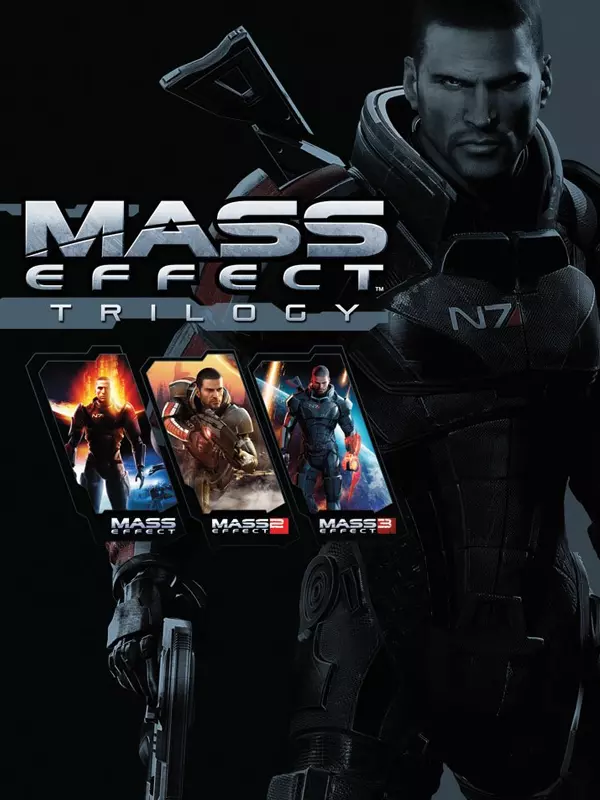
Mass Effect TrilogyExperience all three award winning Mass Effect titles at an amazing value with the Mass Effect Trilogy.
As Commander Shepard, rise to become the galaxy’s most elite soldier and lead an all-out war to stop an ancient and ruthless enemy: the Reapers. With over 75 hours of content and more than 300 awards, one of gaming’s most acclaimed franchises is available for the first time in a premium foiled box set.
Heart-pounding action meets gripping interactive storytelling where you decide how your unique story unfolds. Assemble and lead your team aboard the SSV Normandy, the most advanced ship in the galaxy, and travel to distant and unexplored star systems. On your journey, meet a cast of intriguing characters each with their own story to tell. Wield devastating weapons and customize them with upgrades to create new and devastating attacks. All the thrilling action and your decisions culminate into a heroic battle against the greatest threat ever known.
The fate of the galaxy lies in your hands—how will you chose to fight for it?Action Science fiction

